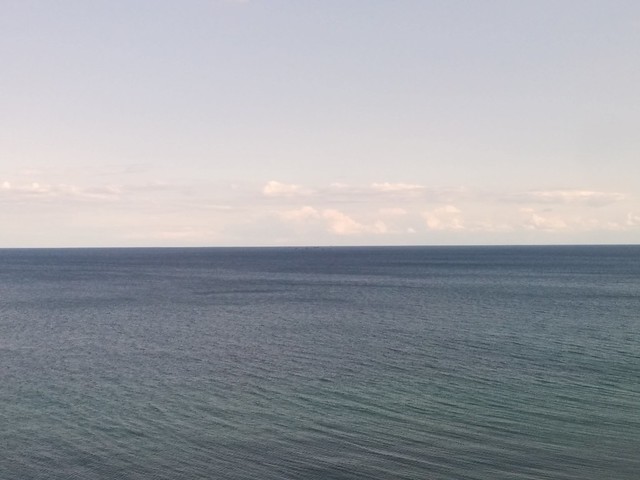I have been feeling more than a bit fragmented, more than a bit caught up in a mass of details which need to be attended to but cannot be properly done on account of their sheer number, for some time. My laptop's hard drive malfunction didn't help, although the prospect of having much of my data lost permanently is hardly cherry. (At least my photos, my main work, are in the cloud.) The state of the world, similarly, has done something of a number on me, even before the recent election of Ford as premier here in Ontario. Underlying all that, I suppose, is a state of frustration at the way things are going in--among other things--my creative life.
I have been thinking about my recent
essay on the need to cultivate our gardens. I like having my gardens in order, coherent and organized and with some goal. My virtual gardens, similarly, should be nicely ordered. It is just that, the way the online world has evolved, that coherence is hard to find. This blog, for instance, is hardly a full representation of what I do.
My Twitter account, perhaps sadly, with its links to my photos on Instagram if not Flickr, is probably the best way to keep track of me. But then, even ignoring the gated gardens of Facebook, there is still so much else there.
Over at Quora I have been a prolific writer, with my answers coming up in genera Internet searches but not otherwise, not on a platform that is easy to interact with for people not on that site.
Medium promises--ever promises?--to be a place for long form writing, but then, what do I write? There is so much to write about, and there is so so very much about the rest of life that is not writing, that I do not know what to do.

I do not know quite how to go from here. Finding a focus--perhaps several focuses--is key to making any headway, to feel as if I'm not trying to shovel away all the shifting sands of a dune. I want something solid I can build on. I wonder if I'm overthinking this: Is it just a simple matter, I wonder, of picking things and sticking with them?



